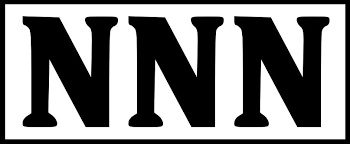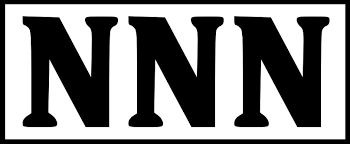Washington, D.C. – United States special envoy Steve Witkoff don drop serious talk say Iran go need to stop and eliminate im nuclear programme if dem wan reach better agreement with America. Dis statement come as US and Iranian officials prepare for another round of talks on April 19 in Oman.
On Tuesday, Witkoff talk say, “Any final arrangement must set framework for peace, stability, and prosperity for Middle East, meaning say Iran gats stop and eliminate im nuclear enrichment and weaponisation programme.” Dis be serious shift from wetin he don talk before about allowing Iran to enrich uranium at low levels for civilian energy purposes, making e seem like US toughen di demands ahead.
Earlier on Monday, Witkoff had said in interview say Iran fit cap dem uranium enrichment at 3.67 percent for dem civilian programme and no need to go beyond that. He also point out dat right now, Iran dey enrich some uranium at 60 percent, wetin fit be used for weapon. “Dat cannot be,” he talk. “You do not need to run a civil nuclear programme where you’re enriching past 3.67 percent,” he add, emphasizing verification processes to monitor dis enrichment.
Witkoff don dey face pressure from conservative members of the US government who dey call for total abolition of Iran’s nuclear capability. Dem say Iran don use talks as cover to continue dem nuclear ambition. For decades, Iran and America don struggle with negotiations around nuclear issues, as preventing Iran from getting nuclear weapons be major foreign policy goal for different US administrations.
Back in 2015, US was among countries wey negotiate di Joint Comprehensive Plan of Action (JCPOA), where Iran agree to lower dem uranium enrichment in exchange for lift sanctions on dem economy. But President Donald Trump canceled di deal in 2018, and since den, US don pile plenty sanctions on Iran while Tehran don accelerate dem nuclear activities in response.
Witkoff don confirm say, as part of di current discussions, di US also dey interested in Iran’s missile programme alongside di nuclear talks, saying, “Washington want verification on weaponization, including type of missiles dem get stocked up.” Dis new approach fit make negotiation tough, as Trump don talk say military action go be on di table if dem no reach agreement.
Iranian officials don insist say dem not dey seek nuclear weapons but claim dem right to produce nuclear energy. Dem dey watch di current talks with skepticism, as Ayatollah Ali Khamenei recently say, “We are neither too optimistic nor too pessimistic about dem negotiations, but we dey confident in our capabilities.”
As di talks dey approach, Witkoff’s latest position don draw mixed reactions. Some observers dey see dis as a sign of chaotic foreign policy under Trump administration, where officials dey struggle to align dem positions and objectives. Witkoff, who no get significant diplomatic experience, dey carry serious responsibilities from Gaza to Iran.
In di meantime, US Defense Secretary Pete Hegseth don challenge Iran to agree to a full dismantlement of dem nuclear capabilities to end di current crisis. Witkoff don confirm say Iran’s Foreign Minister Abbas Araghchi spoke with him before di upcoming talks, and both sides describe di past discussions as positive.
As di world dey watch dis developments closely, analysts dey wonder if dis round of negotiations fit yield any fruitful results or simply be more of di same failed diplomacy of di past.
Do you have a news tip for NNN? Please email us at editor@nnn.ng


